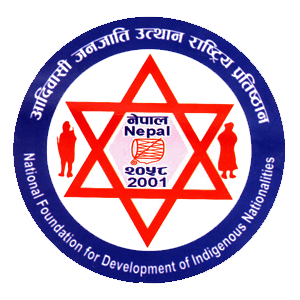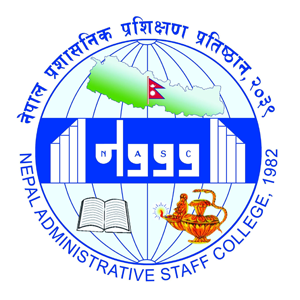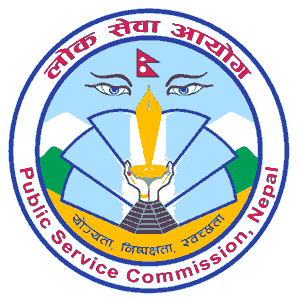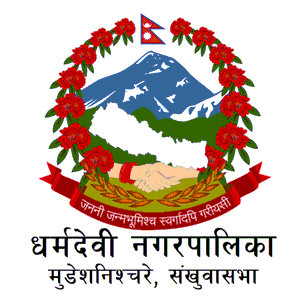Overview
The Muslim Commission of Nepal: An Overview
The Muslim Commission is also known as Muslim Aayog, as per Article 264 of the Constitution of Nepal, stands as a beacon of hope and empowerment for the Muslim community. Established with the primary aim to safeguard and uplift the identity, rights, and interests of the Muslim community, the commission is a testament to Nepal's commitment to its diverse populace. The Legislature-Parliament further fortified its existence with the Muslim Commission Act, 2074, receiving the Honorable President's nod on 2074/06/29.
Muslim Community in Nepal: A Historical and Contemporary Overview
Historical Presence
Muslim communities have been an integral part of Nepal's rich tapestry for centuries. As per the 2068 census, Muslims constitute about 4.4% of Nepal's total population. Their presence has added to the cultural, social, and economic diversity of the nation.
Establishment of the Muslim Commission
To ensure the protection, promotion, and empowerment of the Muslim community's rights and interests, the Constitution of Nepal 2072, under Article 264 of Part 27, instituted the Muslim Commission. This establishment was further fortified with the Muslim Commission Act, 2074.
Leadership of the Commission
The commission's leadership has seen distinguished personalities at its helm:
- Honorable Samim Mian Ansari was appointed and reinstated as the chairman.
- Among the four member posts, Honorable Mohammadin Ali, Honorable Mirza Arsad Baig, and Honorable Mohammad Samshul Haq were appointed. Notably, Honorable Mohammad Samshul Haq was appointed twice, once on 21/10/2077 and then on 21/03/2078.11. Currently, one member position remains vacant.
Commission's Core Mandate
The commission's primary responsibility is to offer policy, legal, and institutional recommendations to the Nepalese government, focusing on the protection, promotion, and empowerment of the Muslim community's rights and interests.
Challenges and Opportunities
In Nepal, the Muslim community lags in the Human Development Index. To uplift this community, there's a pressing need for:
- Economic empowerment and skill development training.
- Enhanced access to education, health, and public sector employment.
- Preservation and promotion of the Muslim community's language, script, culture, history, tradition, literature, and art.
- Programs addressing gender discrimination and violence.
The three-tier government of Nepal should proactively design and implement targeted policies and programs to foster the social, economic, educational, and cultural development of the Muslim community.
Annual Report The commission has prepared an annual report for 2078.079, as mandated by Article 294 of Part 32 of the Constitution of Nepal 2072 and Section 22 of the Muslim Commission Act 2074. This report will be presented to the Honorable President.
Vision and Mission
1.2 Vision:
A thriving, prosperous, and independent Muslim community.
1.3 Mission:
- Safeguard, promote, and empower the rights and interests of the Muslim community.
- Ensure the Muslim community's meaningful participation in economic, social, and political domains.
- Enhance the Muslim community's access to national resources and tools.
- Preserve and promote the historical, cultural, and religious facets of the Muslim community.
- Actively work towards reducing gender discrimination and violence.
Key Functions, Duties, and Powers of the Commission:
-
Research and Recommendations:
- Analyze the overall status of the Muslim community.
- Propose policy, legal, and institutional reforms to the Government of Nepal.
- Investigate the efficacy of provisions related to the Muslim community's rights and empowerment.
-
Policy Formulation and Implementation:
- Draft a national policy for the protection, promotion, and empowerment of the Muslim community.
- Monitor and evaluate the execution of policies and programs concerning the Muslim community.
- Ensure the implementation of the Commission's recommendations.
-
Community Development:
- Advocate for special programs targeting the socio-economically backward sections within the Muslim community.
- Study and suggest measures for the upliftment of the community considering their current educational, political, social, and economic scenario.
-
Cultural Preservation:
- Research the rich tapestry of the Muslim community's language, script, culture, history, tradition, literature, and art.
- Propose programs for the preservation and enhancement of such cultural facets.
- Recommend the establishment of a living museum to showcase the tangible and intangible culture of the Muslim community.
- Advocate for the protection of archaeological and historical structures significant to the Muslim heritage.
-
Awareness and Advocacy:
- Organize awareness programs emphasizing the rights, interests, and empowerment of the Muslim community.
- Review and assess awareness initiatives by the Government of Nepal and other entities.
-
International Treaties and Agreements:
- Monitor Nepal's adherence to international treaties concerning the Muslim community.
- Propose necessary recommendations for effective implementation.
-
Addressing Grievances:
- Gather complaints against any violations of the Muslim community's rights.
- Recommend investigations against the alleged violators.
-
Identity and Recognition:
- Recommend the listing of surnames post thorough research on the Muslim community's identity.
-
Operational Excellence:
- Establish a code of conduct for the commission's chairman, members, and staff.
- Approve the commission's annual plan and program.
In essence, the Muslim Commission of Nepal is a robust institution, ensuring that the Muslim community's voice is heard, their rights protected, and their culture preserved. Through its multifaceted functions, the commission paves the way for a harmonious and inclusive Nepal.
Contact Details:
Muslim Comission (Muslim Aayog)
Jawalakhel, Lalitpur, Nepal
Phone: 01-5542651
Email: [email protected]
Website: www.muslimcommission.gov.np



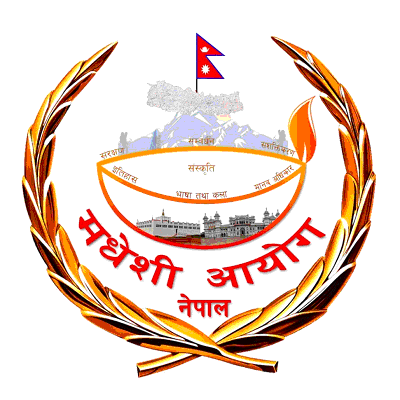
-Logo.png)
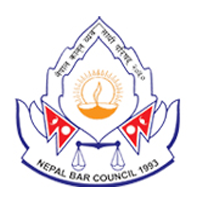
.png)
